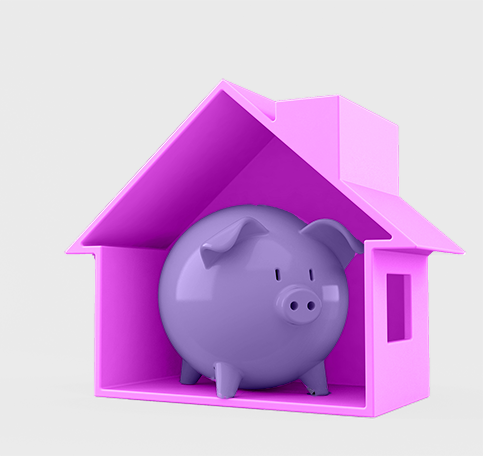
If you are buying or selling a
house there are certain things that any conveyancer you appoint will need to
know early on and it helps to prepare for them.
Some more traditional solicitors
will meet you and you’ll have an appointment in their offices. Others will do
some or all of this online or by telephone.
What the lawyer will need you to
have ready, or have thought about in order buy or sell a property is:
·
Your identification and proof of address – so
documents like passport, driving licence, or utility bills. This is because
lawyers have to comply with anti-money laundering regulations and identify
their clients.
·
If you are buying, then the lawyer will need to
know what your source of funds is and you will need to prove them by, for
example, producing bank statements. Again, this is an anti-money laundering
requirement on lawyers, and they are obliged to ask what may sound like
intrusive questions about where money is coming from.
·
In most instances you’ll be getting a mortgage
so a lot of funds will be coming from the mortgage company. But if you are
putting down a deposit the lawyer will need to know where that is coming from.
If you are being given the deposit, by, for example parents, then you will need
to be able to show were they got the money from. Also, many mortgage providers
will require confirmation from you that the deposit is a gift and not a loan,
so that you and whoever is giving you the deposit may be asked to sign
documents confirming that.
·
Whether buying or selling you will need to
provide details of the seller/buyer and their solicitor and estate agent.
·
If you are buying, then details of the mortgage
company giving you the mortgage. If you are selling, but the house is on
mortgage, details of the mortgage company and anyone else who has a charge on
the property, so that the lawyer can get redemption statements from them.
·
What are you intending to do with the property –
this is important because different considerations may apply to buy to let
properties for example. Also, if you are considering extending the house, for
example, your lawyer will need to know so that they can tell you whether there
would be any legal restrictions on an extension or whatever it is you wanted to
do with the property.
·
How you intend to hold the property, for
example, jointly with someone else and in what shares. See our blog on the
different ways to own a property and the consequences of the different types of
joint ownership. But you need to be clear how you want to own it if it is going
to be owned by more than one person.
·
Whether you have been made bankrupt. Bankruptcy
will show up on searches and it’s better to deal with the issue at the outset.
·
If you are selling, what you want doing with any
surplus money once mortgages and fees have been discharged. The lawyer can only
pay it to you. They are required to pay off charges connected with the property,
but you cannot instruct the lawyer to send any surplus elsewhere because they
are not allowed to act like a bank, sending money out to people unconnected
with the legal transaction on your behalf. But they can of course pay surplus
money to you and will need to know which of your bank accounts you want to use
for that.
It’s also important to make sure from the outset that you are clear about what the fees and other costs will be. Don’t forget that as well as paying the lawyers conveyancing fees, there are likely to be other costs of the transaction such as Stamp duty, Land Registry fees, estate agents fees, etc. So, it’s sensible to understand from the start exactly what is going to be needed and ensure that the money is going to be available for it. Don’t forget your other costs, outside the legal transaction such as removal costs and insuring your new house.

